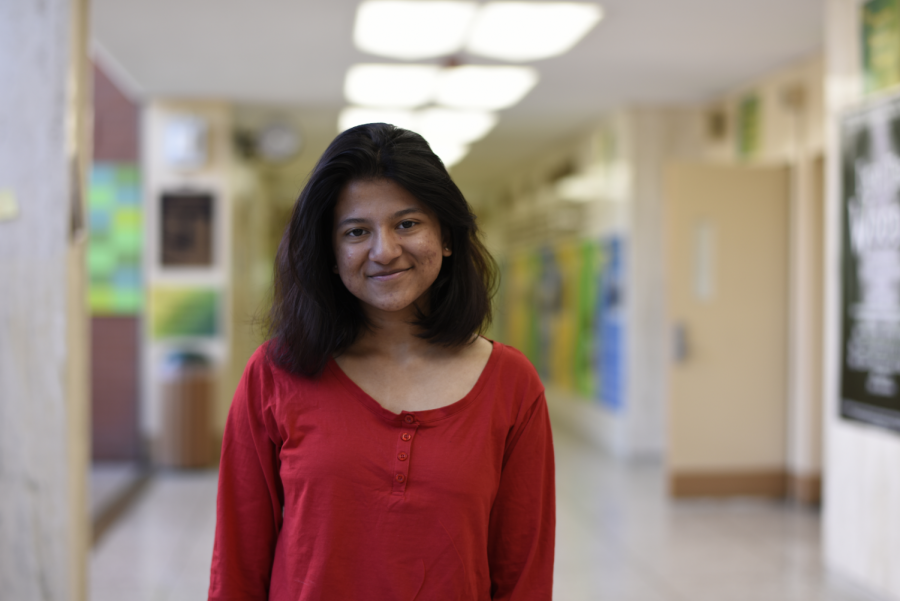Reframing the Abortion Debate
How Recent State Laws Have Changed the Abortion Debate, and What It Should Really Be About.
Sadia Rahman is a passionate pro choice advocate and believes it’s important to recognize the intersectionality in the abortion debate.
Recently a slew of restrictive abortion bills have flown through state legislatures across the country. Alabama, Georgia, Ohio, Kentucky, Louisiana, and more have all passed bills that functionally outlaw abortion, with small exceptions that vary depending on the state.
In Georgia, the law does not allow women to get abortions after six weeks, even in the cases of incest or rape. In Alabama, doctors who perform abortions could be sent to jail for ninety-nine years. In Tennessee, a so-called “trigger law” would make abortion illegal if Roe v. Wade is altered or overturned.
These laws are not only oppressive in practice; they try to fundamentally re-frame the abortion debate by criminalizing those who seek abortions and the doctors that perform it. By viewing abortion through a criminal lens, lawmakers were able to draw the conversation away from discussions surrounding public health and women’s rights. But those topics are fundamental to the abortion debate. If legal options for abortion aren’t available, women may resort to obtaining abortions illegally — and subsequently unsafely. Women who are privileged through race, income, or other resources, will be advantaged in these situations. Moreover, in certain circumstances, giving birth can pose health complications to the mother and may be far more medically dangerous than having an abortion.
There is no doubt that the decision whether or not to have an abortion is incredibly difficult and personal. It is never an easy choice, but it is a choice that women have a right to make for herself. “I find it a little hypocritical that conservative politicians are so against government involvement in people’s lives, but not when they want to control women’s bodies,” said Sadia Rahman ’20. “I think these new bills could serve as a catalyst for further government domination of women.”
These bills have come into effect during an era of strong support for abortion rights in the United States. The Pew Research Center reports that “As of 2018, public support for legal abortion remains as high as it has been in two decades of polling. Currently, 58% say abortion should be legal in all or most cases, while 37% say it should be illegal in all or most cases.”
When they go into effect, the new bills will deeply impact many women across the country. Some have taken to social media to share their fears, others have gathered at rallies in solidarity with women living in those states. While views on how to respond differ, one thing is clear; people should not live in fear that their rights will be taken away just because of the state they live in. Geography should not decide whether or not people have rights.
While it is important to research and listen to anti-choice arguments, it is also equally important to understand that those arguments, while framed as “pro life,” often do not seem to support the quality of life either for mothers or children. A pro-life stance would also advocate for comprehensive sexual education in schools, and for more accessible contraception measures to decrease the likelihood of unplanned pregnancy. But this is often not the case. At its core, this is not a debate about protecting life, it is about controlling women. More specifically, it is about restricting the rights of poorer women, and women of color.
Since restrictions on access to abortions make getting safe abortions far more economically prohibitive, the new legislation implicitly targets low income women, who are often also women of color. To get legal abortions, people have to travel farther, take time off of work, and pay more money.
“Women of color and trans people often have less access to abortions and contraceptives, whereas white cisgender women have much more privilege and access to abortion, and I think that is often lost in the conversation,” said Sadia Rahman ’20. On a related note, among women, it is disproportionately white women and women with resources who are least supportive of choice.
“Women of color and trans people often have less access to abortions and contraceptives, whereas white cisgender women have much more privilege and access to abortion, and I think that is often lost in the conversation,” said Sadia Rahman ’20,
The debate around abortion is a complicated and contentious one. It is not something that will be resolved anytime soon, but it is a discussion that must continue to happen. And although the complexity of the issues in the abortion debate tend to get watered down in favor of brevity and simplicity, it is all the more essential to approach the issue with an informed understanding of the nuance of the many ideas at play. In the end, it is important to look at abortion not as a criminal issue but as a fundamentally feminist and public health related issue, because that is the first step towards a healthier and more productive abortion debate.
Audrey Hill is a Copy Editor for the ‘Science Survey’ and a Groups Section Reporter for ‘The Observatory.’ She has always loved writing and storytelling,...

